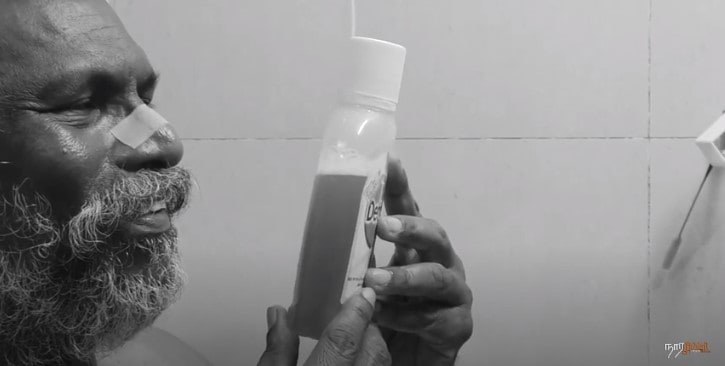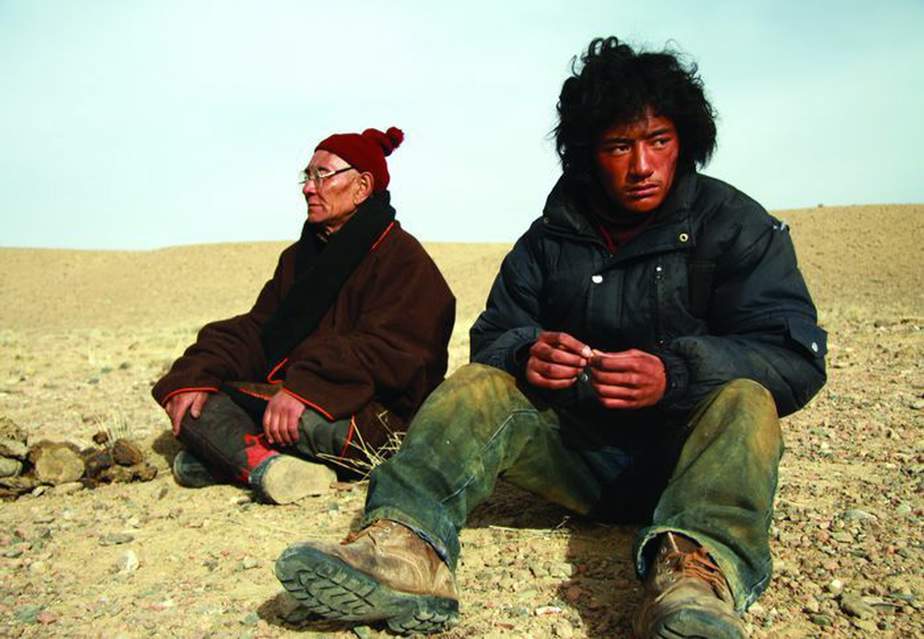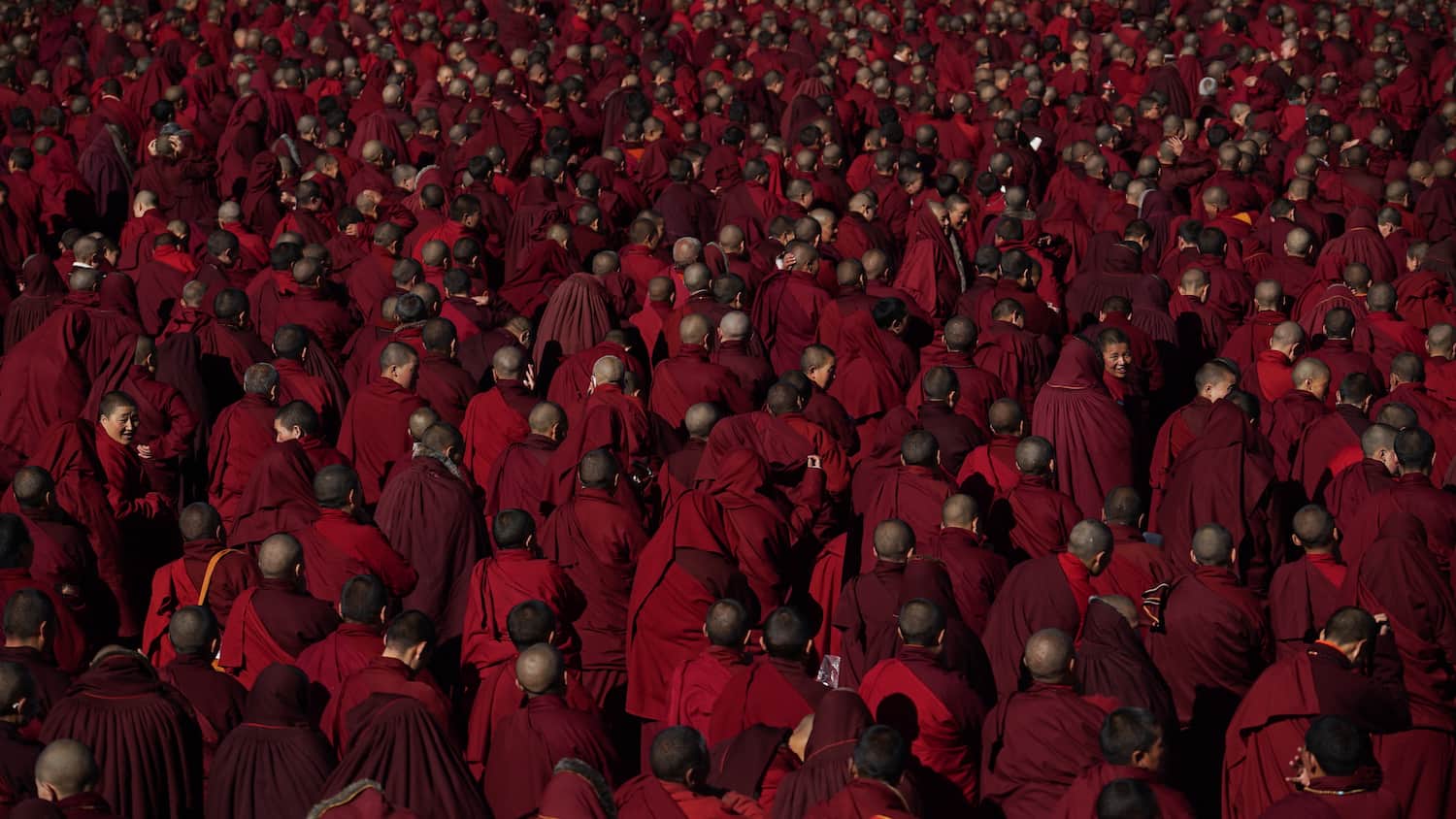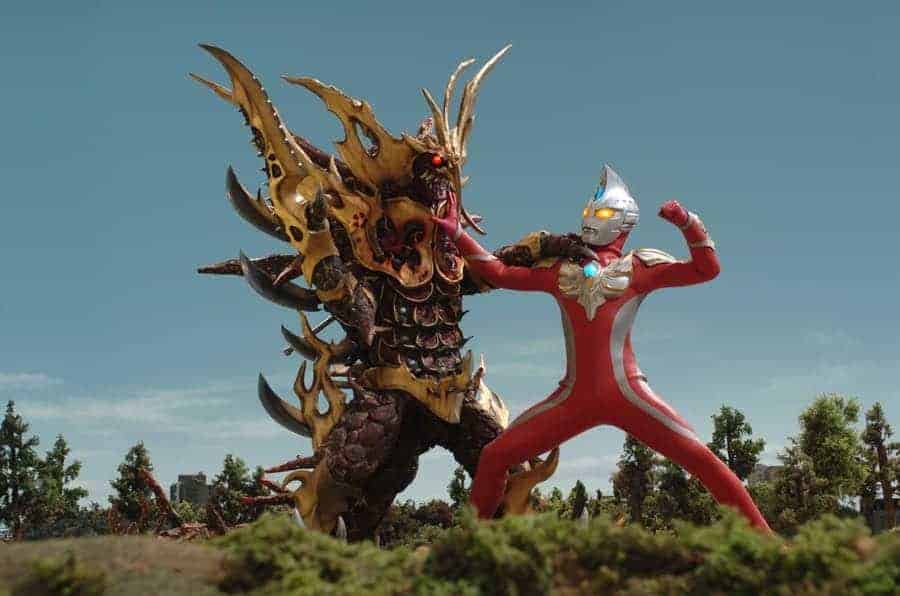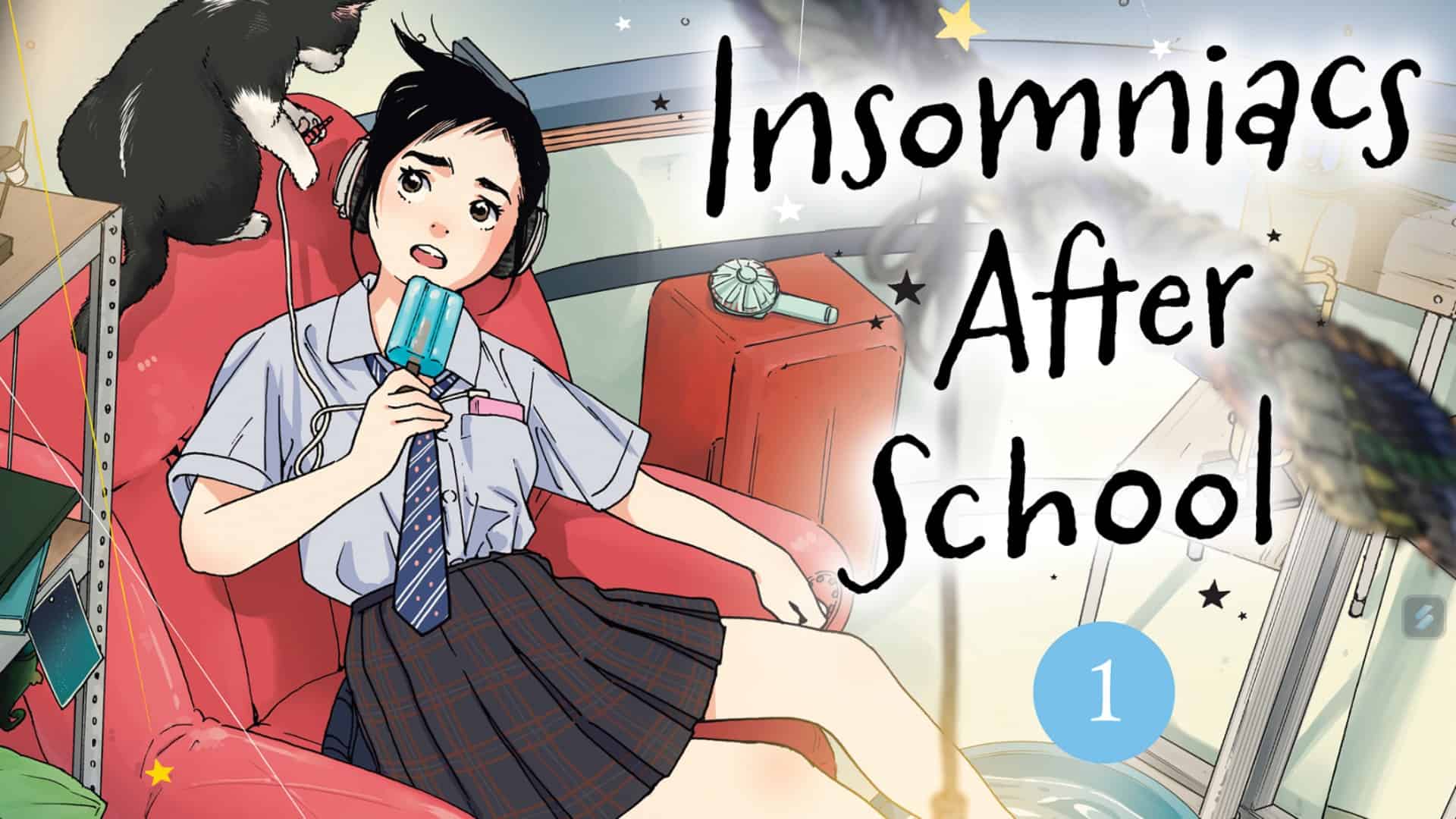When rioting breaks out in Jakarta in July 1996 and Wiji Thukul's critical poems are chanted in the squares, the Suharto regime, which has been holding power in Indonesia for over 30 years, shutting down democracy time and time again, accuses the poet of being one of the ringleaders. Thukul is forced to flee his home in Solo, leaving his wife Sipon and their two children behind. He spends a total of eight months in the small village of Pontianak, 3000 kilometers away, living with strangers under assumed names, but always continuing to write. In the meantime, in Solo, his wife, Sipon, lives under constant surveillance. This film recounts the events of this period.
“Solo, Solitude” is available from Asian Shadows
In that fashion, we watch a very anxious and scared Wiji trying to survive with the help of fellow activists, who take him in their houses, and to change identities. Eventually, he moves into the house of a young couple, who help him find a small job and some peace and quiet, as he continues writing. However, his longing for his family is intense, and eventually he decides to return, despite the dangers and obstacles. At the same time, his wife has to deal with the advances of a neighbor, apart from the surveillance by the regime.
Yosep Anggi Noen directs a naturalistic film, in distinct art-house fashion, with very slow pace and few dialogues, while the “soundtrack” comprises of readings of Thukul's poems by an imposing narrator. His focus is on three things: to highlight the fugitive's agony for his fate, to show that love can be a sentiment that can overcome all obstacles, and to present the beauties of the area in Pontianak.
The first aspect becomes evident in a number of minor scenes, like the one where the poet asks for a way of escape as soon as he is admitted into a local house, but finds its apogee in the barber's scene, that soars with agony and tension. The second aspect is presented through the protagonist's actions, as soon as he manages to stand on his feet in a way, and through a phone call to his wife, where he asks her to whistle to him a favorite tune. Lastly, Prihantoro Filemon Bayu does a great job in the cinematography department, presenting a number of impressive images, with the ones showing the river and the sky at the same time being the most impressive.
Apart from that, Bayu uses long shots, occasionally placing the actors in the far sides of the screen, in order to highlight the setting, while the scenes in the dark, most of which occur when the power shuts down in the area, have a rather ominous feeling, which fits the psychological status of the protagonist, usually dominated by loneliness.
Some minor scenes of surrealism work quite well, despite the generally different context that focuses on realism, and provide some moments of humor, as with the scene with the soldiers playing badminton and Wiji's reaction to the banner of the event, outside of the building.
Noen also makes a point of presenting Wiji's loneliness and sense of solitude, and in that fashion, draws a great performance from Gunawan Marianto, who focuses on presenting his character's feelings and thoughts in laconic, but rather evident style, on par with the film's general aesthetics. Marissa Anita is quite good as Supon, although in a small part, with her performance finding its apogee in the scene where she finally erupts.
“Solo, Solitude” is not an easy film to watch, particularly due to the very slow pace and the lack of action and much dialogue, while it also demands some prior knowledge of who Wiji actually was. However, if one can overcome these restrictions, he will come across a very beautiful and meaningful film that highlights the benefits of “slow cinema”.





